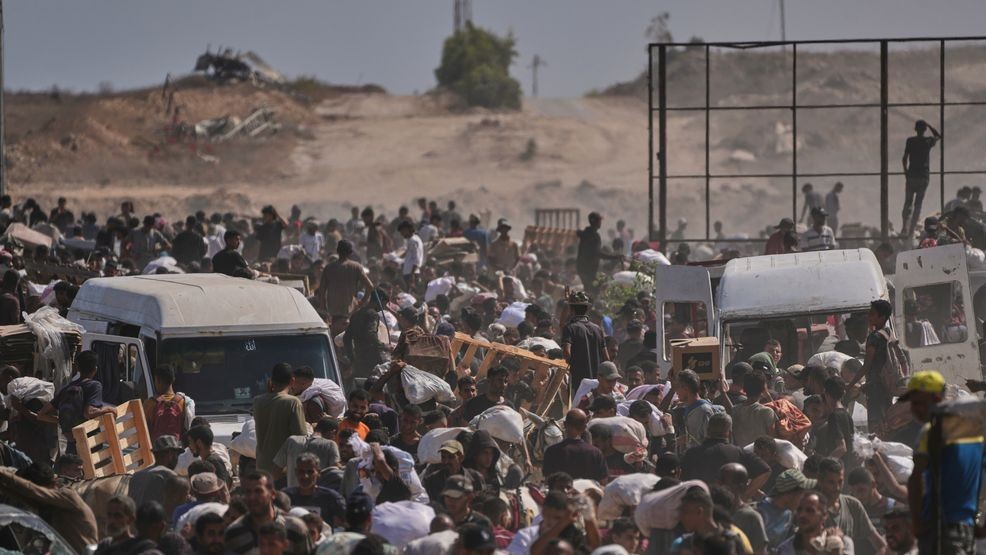Netanyahu Asserts Full Control Plan for Gaza Despite Security Concerns
Israeli Prime Minister Netanyahu announces plans for complete control of Gaza despite military warnings and humanitarian concerns, marking a significant shift in regional security strategy.

Israeli Prime Minister Benjamin Netanyahu during strategic announcement on Gaza control measures
In a decisive move that signals a significant shift in regional governance and control measures, Israeli Prime Minister Benjamin Netanyahu has declared his intention to take complete control of Gaza, despite mounting concerns from military officials and humanitarian organizations.
Strategic Control and Security Measures
Netanyahu, in an exclusive interview with FOX News, emphasized his administration's determination to establish comprehensive control over Gaza, with Israeli forces currently commanding approximately 75% of the territory. This strategic initiative mirrors other regional administrative control measures being implemented across various sectors.
"We intend to take full control of Gaza to ensure our security, remove Hamas, and enable the population to be free of Gaza, passing it to civilian governance that does not advocate for Israel's destruction," Netanyahu stated firmly.
Security Cabinet Deliberations
The implementation of this ambitious control strategy requires approval from the Israeli Security Cabinet, highlighting the importance of institutional oversight in administrative decisions. According to anonymous Israeli officials, the plan would be executed gradually to maintain strategic advantage.
Humanitarian Concerns and Local Impact
The situation presents significant humanitarian challenges:
- Current hostage situation involving Israeli civilians
- Approximately 2 million Gaza residents facing severe hardship
- Extensive infrastructure damage from 22 months of offensive operations
Local residents express deep concern about the deteriorating conditions. "There is nothing left to occupy. There is no Gaza left," stated Maysaa al-Heila, a displacement camp resident, highlighting the devastating impact of prolonged conflict on civilian infrastructure and daily life.
Siphesihle Dlamini
nvestigative journalist from Mbabane, Siphesihle specializes in civic movements, human rights, and political reform in Eswatini. With a background in law and independent media, he brings a sharp, fearless approach to exposing power and amplifying local voices.
